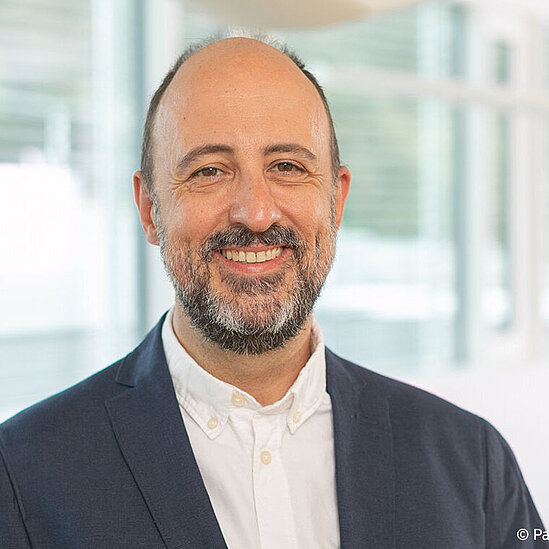Synapsing
Impaired neuronal connectivity and synaptic dysfunction can manifest clinically as a variety of emotional, behavioral, and cognitive symptoms that are common and often overlap in mental disorders (MDs) such as major depression, bipolar disorder, and schizophrenia, as well as neurodegenerative diseases (NDs) such as Alzheimer's and Parkinson's disease. Antidepressants and antipsychotics used to treat these symptoms are often ineffective in ND patients, and treatment resistance is common in PS patients.
To reduce the societal burden of untreated psychiatric symptoms, Synapsing will create the first trans-European clinical collection of clinical, neuroimaging and socioeconomic data from over 3000 patients from MD and ND clinics that can be used both for Synapsing and beyond. Synapsing aims to develop a biological understanding of MD by searching for blood biomarkers that enable faster and more objective diagnosis and reduce misdiagnosis with ND.
To minimize the use of inefficient treatments for MD and ND, Synapsing will develop blood biomarkers to objectively monitor therapeutic success and identify patients who may benefit from therapeutic interventions. To promote the development of more effective treatments, Synapsing will study synapse dysfunction using post-mortem brain tissue samples and induced pluripotent stem cells derived from patients with MD and ND.
To avoid social inequalities in health, Synapsing will identify modifiable socioeconomic risk factors for psychiatric symptoms in over 2000 people with a history of psychiatric illness and MD and ND patients from across Europe. Recommendations for evidence-based policy initiatives to reduce these risk factors will be shared with EU Council agencies.
Expected outcomes include a better understanding of these under-researched conditions, revised clinical guidelines for better diagnosis and treatment, and strengthened knowledge and care networks.
The NMI's tasks include the production of stem cell-derived nerve cells from patients (schizophrenia, frontotemporal dementia) and the identification of functional biomarkers (changes in neuronal network activity).
Click here to visit the Synapsing website: https://synapsing.org/
Partners:
Institut de Recerca de l'Hospital de la Santa Creu
Neoventures biotechnology europe
Universidad del pais vasco / Euskal herriko uniber
Projectlead

Dr. Udo Kraushaar
Next Generation Cellular and Organotypic Assays
Senior Principal Scientist





